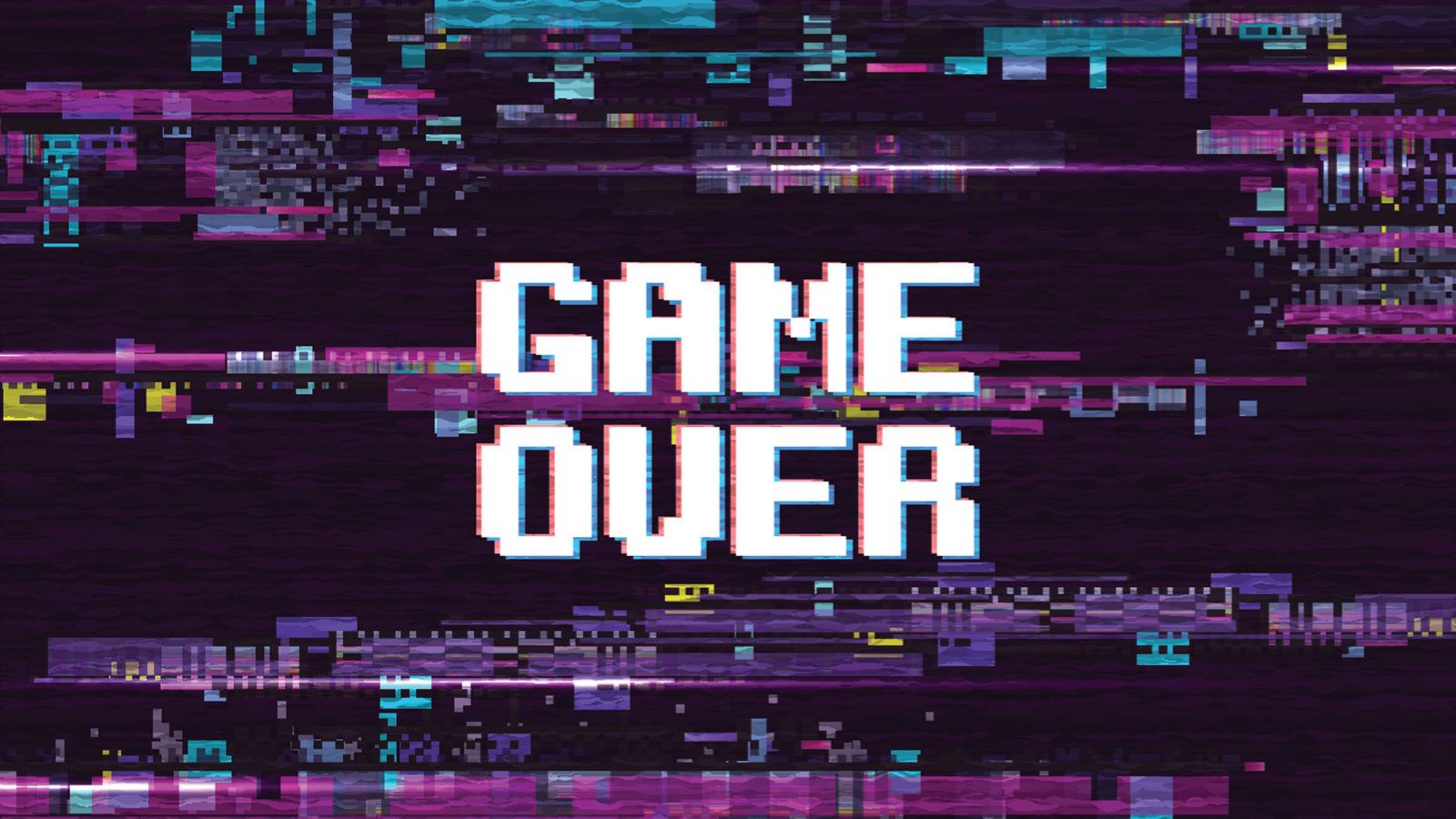There's no shortage of fake news going around the internet these days, but how do we become more aware as consumers of what's real and what's not?
"We are hoping to create what you might call a general 'vaccine' against fake news, rather than trying to counter each specific conspiracy or falsehood."
Researchers at the University of Cambridge may have answered just that by developing an online game designed to expose and educate participants to the tactics used by those spreading false information.
"We wanted to see if we could preemptively debunk, or 'pre-bunk', fake news by exposing people to a weak dose of the methods used to create and spread disinformation, so they have a better understanding of how they might be deceived," Dr Sander van der Linden, Director of the Cambridge Social Decision-Making Lab, said in a statement.
"This is a version of what psychologists call 'inoculation theory', with our game working like a psychological vaccination."
In February 2018, van der Linden and his coauthor, Jon Roozenbeek, helped launch the browser game, "Bad News," where players take on the role of "Disinformation and Fake News Tycoon."
They can manipulate news and social media within the game by several different methods, including deploying twitter-bots, photo-shopping evidence, creating fake accounts, and inciting conspiracy theories with the goal of attracting followers and maintaining a "credibility score" for persuasiveness.
In order to gauge the game's effectiveness, players were asked to rate the reliability of a number of real and fake news headlines and tweets both before and after playing. The data from 15,000 players was evaluated, with the results published June 25 in the journal Palgrave Communications.
The results concluded that "the perceived reliability of fake news before playing the game had reduced by an average of 21% after completing it. Yet the game made no difference to how users ranked real news."
Just 15 minutes of playing the game can have a moderate effect on people, which could play a major role on a larger scale.
Additionally, participants who "registered as most susceptible to fake news headlines at the outset benefited most from the 'inoculation,'" according to the study.
Just 15 minutes of playing the game can have a moderate effect on people, which could play a major role on a larger scale when it comes to "building a societal resistance to fake news," according to Dr. van der Linden.
"Research suggests that fake news spreads faster and deeper than the truth, so combating disinformation after-the-fact can be like fighting a losing battle," he said.
"We are hoping to create what you might call a general 'vaccine' against fake news, rather than trying to counter each specific conspiracy or falsehood," Roozenbeek added.
Van der Linden and Roozenbeek's work is an early example of the potential methods to protect people against deception by training them to be more attuned to the methods used to distribute fake news.
"I hope that the positive results give further credence to the new science of prebunking rather than only thinking about traditional debunking. On a larger level, I also hope the game and results inspire a new kind of behavioral science research where we actively engage with people and apply insights from psychological science in the public interest," van der Linden told leapsmag.
"I like the idea that the end result of a scientific theory is a real-world partnership and practical tool that organizations and people can use to guard themselves against online manipulation techniques in a novel and hopefully fun and engaging manner."
Ready to be "inoculated" against fake news? Then play the game for yourself.
